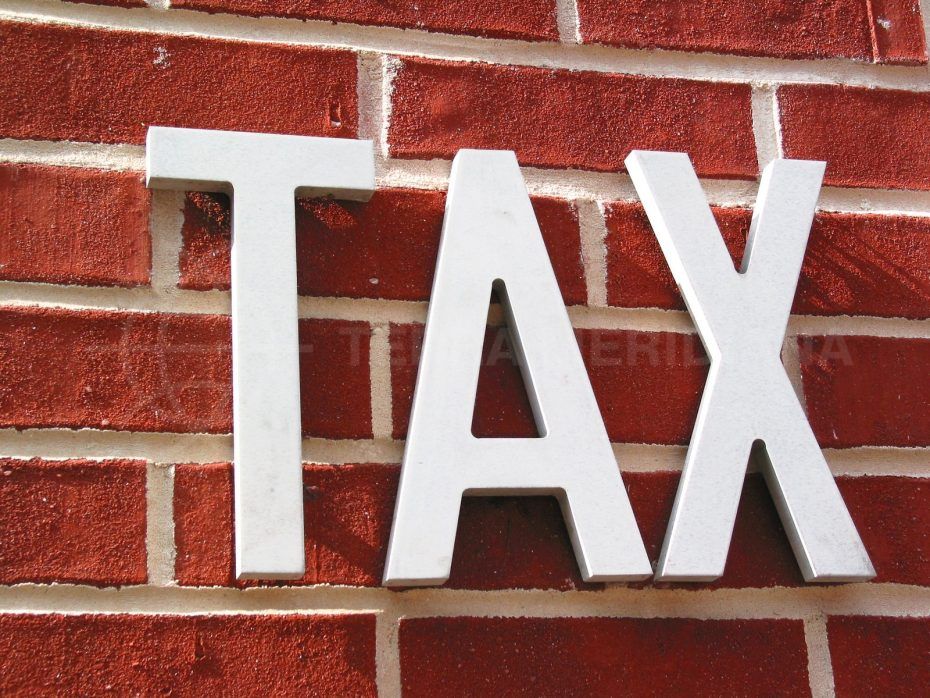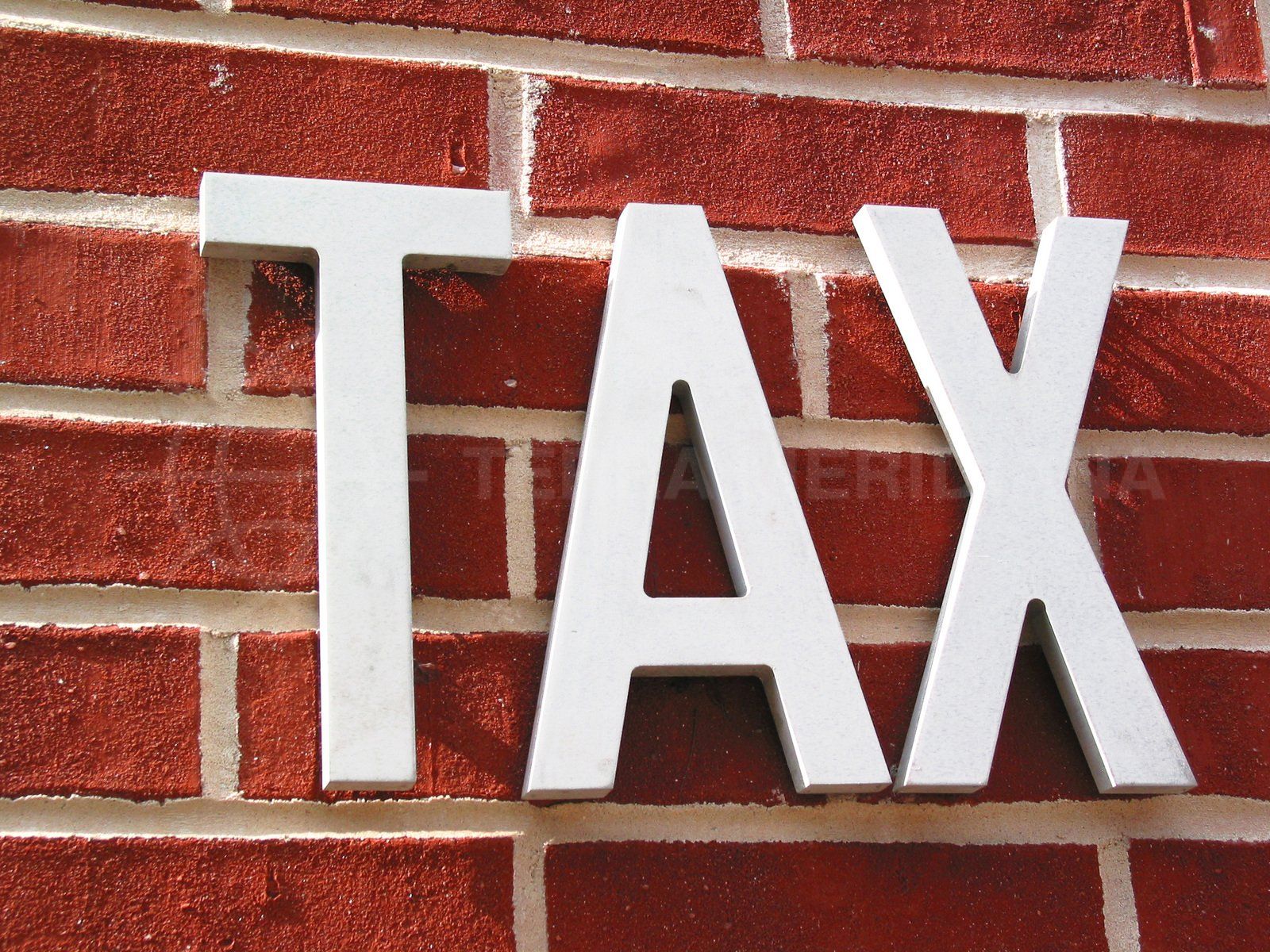
Opinion
Spain’s Expat-Punishing Tax Law Takes A Hit

It was a long time coming, too long in fact, but Spain’s Model 720 tax declaration has taken a well-deserved hit in Spain’s Supreme Court.
In case you’re not familiar, this was the tax law brought in by the PP government in 2012, targeted at foreign assets. Its stated goal was to take on tax dodgers, money launderers and terrorists. Whoever the intended target, the easiest pickings for the Spanish tax authority were regular expats, many of them retirees.
Many commentators at the time argued that the law would be a powerful disincentive to those who were interested in moving to Spain, to enjoy the climate, culture and pace of life, especially retirees.
It was one thing to expect foreigners living in Spain to pay the local taxes on local property and income. But it was quite another to demand that expats, many of whom retained a thousand ties to their home country, declare assets that they had accumulated over a lifetime of hard work and saving. The house you kept back in the home country, retirement savings in banks and investments, trust funds, inheritances, were all subject to the 2012 tax law changes. Any category of asset with a value over €50,000 has to be declared. So, if you have a house worth €500,000 in the UK, you must declare it. But if you have combined assets spread across multiple asset classes – investments, savings, vehicles, etc – and no one of them exceeds €50,000 in value, you do not.
Besides the fact that the roll-out was poorly publicized, leading to people simply not knowing they were breaking the law, there was also no shortage of confusion. For one thing asset types between different countries are often counted differently, or even don’t exist. Spain, for instance, doesn’t recognize trust funds, which are quite common in the UK.
Some countries have tax free savings accounts for retirement or educational savingsthat only become taxable and therefore declarable upon withdrawal for their legally intended purpose. Not so in Spain. Worst of all, a failure to declare for any reason, and even declaring late, carried extremely heavy fines. This was truly cruel and unusual financial punishment. And that was where the law finally hit a wall.
A case was brought to the European Court of Justice (ECJ) by a Spanish lawyer named Alejandro del Campo, leading to a long-delayed ruling on January 28, 2022 that struck down several sections of the tax law.
In particular, the ECJ found that penalising a failure to declare foreign assets more harshly than a failure to declare domestic assets was a limitation on the free movement of capital, which violates EU law.
As well, the application of two fines in the case of a failure to declare foreign assets, both a regular, fixed rate fine and a fine of 150% of the tax owed on the asset, was both a “disproportionate restriction” on the free movement of capital and “highly punitive”.
As the judgment noted, it could lead in many cases to fines that were greater than the actual value of the assets.
That ruling opened the door for a domestic challenge and the Spanish Supreme Court, following the ECJ’s verdict, declared at the beginning of July that the onerous fines – both present and past – null and void. That means if you have been fined in the past for any failures related to Model 720 declarations, you are eligible for a full refund.
As I started off this article by stating: this has been too long in coming. But it is an important and significant victory for the hundreds of thousands of expats living in Spain.
Modelo 720 – Wounded but still alive and well
However, it is important to state that Model 720 hasn’t been struck down.
You should most definitely follow the advice of a qualified and registered accountant when it comes to declaring any foreign held assets.But it is a start. At the very least the brutal fine regime of the past is now dead and buried. Any fines will now be imposed following the general penalty regime of the Spanish General Tax Act.
Also, you cannot be fined for failures to declare going back to 2012, when the original law was passed. There is a four-year statute of limitations that now applies to Model 720.
It’s also worth noting that if you came to Spain for work, it is possible that you can avoid the Model 720 entirely if you apply to submit taxes under the so-called Beckham Regime (as in the football player). The details of that tax regime are fodder for another article but the main point for our purposes is that, besides paying taxes like a non-resident, at a flat 24%, your foreign assets are not counted.
Of course, rust never sleeps, and the Spanish government is trying for a second time to include cryptocurrencies, like Bitcoin and Ethereum, as a foreign asset class that has to be declared. Previously, they had included these assets as part of the Model 720 declaration form, but the rollout was such a farrago that they had to take a step back.
Now they are talking about a Model 721, specifically for crypto alone. However, this effort is still laden with a boatload of confusions, problems, contradictory information and apparent lack of knowledge of the crypto market and its functioning.
Cryptocurrencies
Cryptocurrencies remain a fringe form of assets, certainly as far as pensioners go and even for most expats of all age categories.
Nonetheless, what is most concerning is the Spanish tax authority’s continued willingness to implement new areas of taxation without the proper due diligence and stakeholder input. Such are necessary to make sure their proposalsare fair, legal, and well-constructed to achieve the intended goals without penalizing innocent bystanders and causing economic damage.
Here’s hoping that the recent victories against 720 will make them think twice and to take more care in the future.But that it will also lead to a more radical reform of Model 720, to eliminate its impact on expats who have done nothing wrong.
- With thanks to Nuria Estévez and Guadalupe Diaz-Sunicofrom the tax team at el Grupo Lener (lener.es) for their additions and clarifications.
By Adam Neale | Opinion | September 13th, 2022
Related Posts


